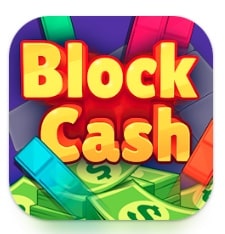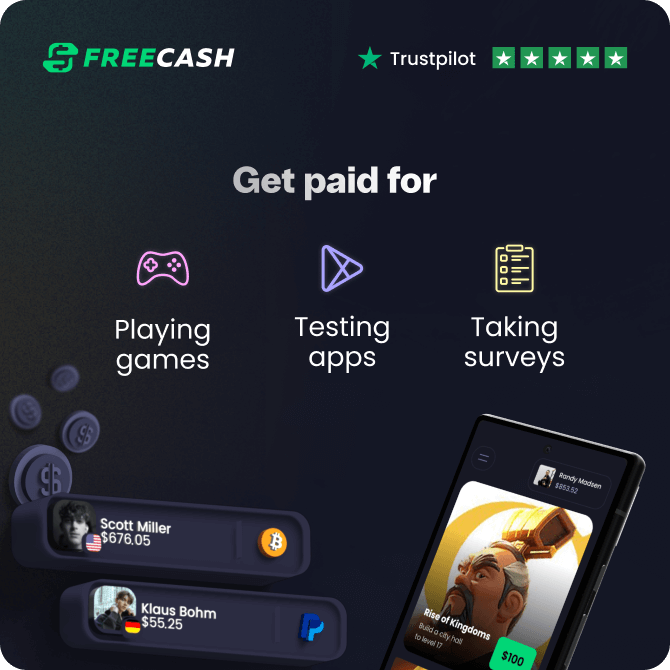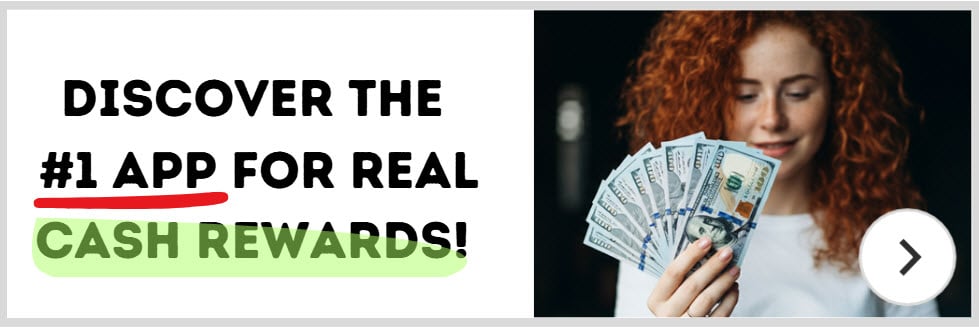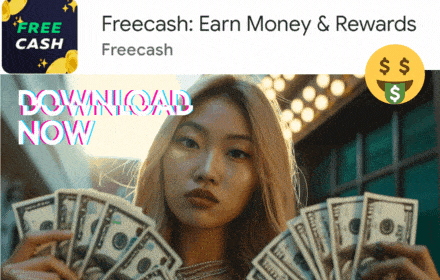 Welcome to my Block Cash – Earn Money Review!
Welcome to my Block Cash – Earn Money Review!
When you hear the name Block Cash, you might think of a fun little puzzle game with a clever twist — stack some blocks, clear some levels, and maybe win a prize or two.
After all, that’s how they promote it: “Play free puzzle games and make lots of money!” Sounds amazing, right?
According to their ads, this could be your new part-time job, earning you hundreds every week without lifting a finger.
One ad even features a woman proudly announcing, “My weekly income is $800.” At the bottom of the screen, though, you see the tiny fine print: “Results not guaranteed.”
And that’s the trick, folks. Every one of these misleading apps uses the exact magic words. They sell you a dream — “Play and earn hundreds!” — but cover themselves legally by saying, “Well, we didn’t promise you specifically would get that money.”
It’s the same tired pattern we’ve seen again and again: hype in the ads, disappointment in the game. So, let’s take a closer look at Block Cash and figure out what’s really going on here.
👉 Before you leave, click here and discover my favorite app that pays for playing games!
The $500 prize
When you first launch Block Cash, the game doesn’t even bother warming you up with the puzzle mechanics. Instead, it immediately tries to hook you with money.
You’re greeted by a flashy screen suggesting there is a whopping $500 waiting for you. “Just three simple steps to get 100% real cash!” it declares:
- Go to the Game Center and play.
- Get cash rewards by playing.
- Cash out your money, which will be transferred immediately.
Really? Immediately? $500 in my account after tapping a few blocks? If that were true, nobody would be working nine-to-five jobs anymore.
Everyone would be glued to this game, making easy money. But of course, that’s not reality. The only thing “immediate” here is the deception.
Choose Your “Redemption” Platform
The next step is where Block Cash gets even more suspicious. Before you’ve even played, it asks you to pick a platform to redeem your “earnings.”
You get the usual list of options: PayPal, Cash App, Amazon, Visa, Mastercard, and more. Seems harmless at first — until you realize what’s happening behind the scenes.
To proceed, the game requires your sensitive personal data, including first and last name, phone number, and email. And that’s where alarm bells should start ringing.
Why would a free puzzle game need that level of personal information so that you can supposedly claim your winnings?
Because the developers aren’t interested in paying you, they’re interested in harvesting your data.
And let’s be clear about the risks here. Once you hand over your personal information, it can end up in the wrong hands.
Data leaks are incredibly common — one breach and your details could be floating around the dark web.
That means spam calls, phishing emails, identity theft, or worse. Cybercriminals thrive on this kind of data, and handing it to some random developer behind a shady puzzle app is like giving your house keys to a stranger on the street and hoping for the best.

This reward platform is going viral! Cash out via PayPal, Visa, Gift Cards, and in-game currencies - Click here to find out how to generate an extra $10+ per day!
The Gameplay: Dragging Blocks and Dragging Ads
Alright, so let’s assume you ignore the red flags and try playing Block Cash.
The core gameplay is pretty simple: you tap a block of a specific color and drag it toward a door with the matching color. That’s it.
Line them up, match the colors, and you’re rewarded with… cash. Or so they say.
Occasionally, you’ll trigger mini-games that supposedly give you even more rewards. But here’s the catch — to actually “get” the money, you have to tap the big green Get More button.
And every single time you do that, guess what happens? That’s right: another advertisement plays.
This is the real business model of Block Cash. The “money” you earn is nothing but numbers on a screen, but the ads you’re forced to watch are very real.
Every time you watch one, the developer earns revenue. So while you think you’re slowly working toward your $1000 jackpot, the developer is happily raking in actual cash from advertisers.
It’s a perfect trap: you’re motivated by fake money, while they collect the real money.
The $1000 Mirage
Now let’s talk about that minimum withdrawal requirement. In Block Cash, just like in countless other fake money games, you can’t cash out until you hit a magic threshold. And in this case, the number is $1000.
At first, the game makes you feel like you’re racing toward that goal. After a few matches, you’ll rack up $10, then $20, maybe even $50 in no time. It feels exciting — “Wow, this might actually work!”
But then, the cracks start to show. The more you play, the smaller the rewards become. That $10 bonus turns into $1, then 50 cents, then just a few pennies. And every time they force you to watch yet another ad, they convince you’re edging closer to your payout.
But here’s the harsh truth: that $1000 is a mirage. You’ll never reach it. Most players get stuck somewhere around $900 or $950, with the rewards shrinking to almost nothing.
The developers designed it this way deliberately, so you keep grinding, keep watching ads, and keep lining their pockets.
And even in the rare case someone does hit $1000, don’t expect a payment. Instead, the game will throw up vague excuses: “Your request is under review,” “Please watch 20 more ads to verify your withdrawal,” or “Processing delayed due to high demand.” It’s all smoke and mirrors.
Why the Ads Lie
You might be wondering why so many of these scammy games use the same formula in their ads: a smiling person claiming they make $500 or $800 a week, with a tiny disclaimer saying “results not guaranteed.”
It’s because it works. These ads tap into the dream of easy money, dangling just enough hope to make people click “Install.”
It’s the digital version of those “Get Rich Quick” schemes that have existed for decades.
The difference is that now, the scam is wrapped inside a colorful puzzle game. And because it’s listed on Google Play, many people assume it must be legit.
But make no mistake — these developers are not running a charity. They’re exploiting players’ time, attention, and personal data to squeeze out ad revenue.
The Dangers Behind Block Cash
Beyond wasting your time, the real danger of Block Cash lies in the personal information it collects.
When you enter your name, email, and phone number, you’re putting yourself at risk. Data breaches happen all the time, and once your information is out there, you can’t get it back.
Here are just some of the potential dangers:
- Identity theft: Scammers can use your details to impersonate you online.
- Phishing attacks: With your email, they can send convincing fake messages pretending to be from your bank or PayPal.
- Financial fraud: Linking a payment method may expose your bank account or card to unauthorized charges.
- Endless spam: Once your data is sold, expect a flood of spam texts, robocalls, and junk mail.
And remember, this isn’t a major studio with proper security. This is an unknown developer running a shady “earn money” puzzle game.
Trusting them with your data is like writing your Social Security number on a napkin and leaving it at a bus stop.
Final Verdict
So, is Block Cash the miracle money-making puzzle game it claims to be? Not even close.
It’s the same tired scam we’ve seen over and over: flashy ads, fake cash rewards, endless ads, and an unreachable payout threshold.
The game itself is shallow, the rewards are meaningless, and the only people making money here are the developers.
At best, Block Cash wastes your time. At worst, it exposes you to serious risks by harvesting your personal information.
Either way, it’s not worth it. Don’t be fooled by the promises of $800 a week or instant $500 bonuses. Those are justbait to lure you in.
If you want to make real money with games and simple tasks, check out my top reward platforms here!
As for Block Cash, the best move is simple: avoid it, uninstall it, and don’t look back.


